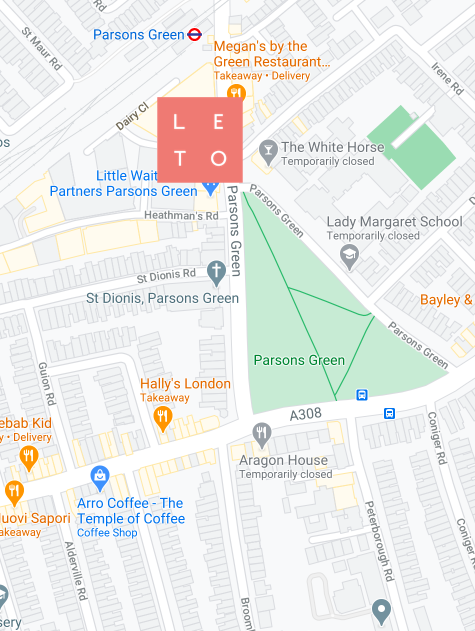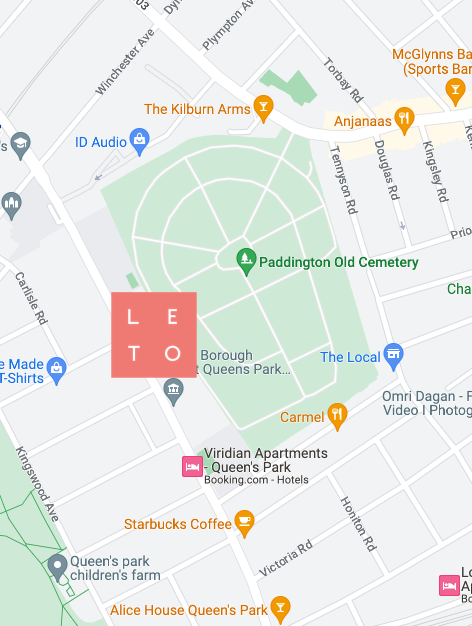
Close
Enquiry
Please see contact information below or complete the form and we will get in touch with you.

Parsons Green
3rd Floor Brigade House
8 Parsons Green
London
SW6 4TN

Queen's Park
2nd Floor
105-109 Salusbury Road
London
NW6 6RG

Jesse's House
8-10 Heathmans Road
Parsons Green
London
SW6 4TJ
Sexual Dysfunction – An Overview

The emotional impact of sexual dysfunction and pain on a woman’s confidence, relationships and long-term mental and physical can be immensely difficult. Getting help and understanding your symptoms and their cause can mark the beginning of your journey to a comfortable and enjoyable sex life that everyone deserves.
Whilst discussing your symptoms can feel daunting, our specialist pelvic health physiotherapists at LETO want to hear as much as you want to tell us about your symptoms and how they make you feel. Our team all have a particular interest in sexual dysfunction and will listen and make you feel comfortable to discuss your concerns.
Potential Causes Sexual Dysfunction
There are many reasons for persistent or recurrent pain either in or around the vagina that occurs just before, during or after intercourse. Often, a combination of different factors can contribute to the pain you are experiencing, so it can take time to pinpoint the exact cause.
Risk factors can include:
- traumatic childbirth (either vaginal or caesarean birth)
- miscarriage
- sexual trauma
- a fall or an accident
- a complex gynaecological history
- non-optimal breathing patterns or a respiratory condition
- non-optimal biomechanics
- constipation and straining
- recurrent urinary tract infections (UTIs), bacterial vaginosis (BV) or thrush
- chronic pain (pain that lasts a long time) can also sensitise our nervous system, leading to a problematic cycle of pain and sensitisation
Types of Sexual Dysfunction
The terminology and wording surrounding female sexual dysfunction can be confusing and difficult to spell or pronounce. We are happy to use whatever language you feel comfortable with when discussing your symptoms in the clinic, but we have listed below some of the medical terms you may hear us say or read about online.
- Vaginismus is a strong spasm of the pelvic floor muscles often associated with pain when something touches or tries to penetrate the entrance to the vagina. This can happen with a tampon, during a speculum examination or during sex. For some women, this settles, and they can continue with penetration, and for others, this can lead to a complete obstruction of the vaginal opening, meaning penetration is not possible.
- Vulvodynia is discomfort, often in the form of burning pain, felt on the vulva (the external female genitalia), which can happen when the vulva is touched or without provocation. Vulvodynia describes pain without any skin conditions, neurological disorders or infection present.
- Vestibulodynia is very similar to vulvodynia; however, the discomfort felt is localised to the entrance of the vaginal opening only.
- Dyspareunia means pain with sex. The pain can b.e near the entrance (superficial) or deep within the pelvis. This can also have occurred for women since they started having sex (primary) or developed later in life
- Female Orgasmic Disorder is when a woman finds it very challenging or even impossible to achieve orgasm.
How Pelvic Health Physiotherapy Can Help
During your initial consultation, you will have been asked lots of questions about your symptoms and also about other pelvic health considerations, including your bladder, bowel, gynaecological history and any other aches or pains that you may have.
Sometimes, these appointments may feel overwhelming. If you would like to tell us something extra or have any questions after your appointment, make sure you get in touch with the team so that we can put you at ease.
Depending on your presentation, there are several techniques your specialist pelvic health physiotherapist may use to break your cycle of pain and address your symptoms. They might:
-
-
- provide manual therapy to release the tension in your internal and/or external muscles
- help you with sensory work (with or without using mirrors)
- provide pelvic floor down training and pelvic stretches
- prescribe breath and relaxation exercises, including the use of medical vibrators
- help you with the optimisation of your bladder and bowel habits which can reduce spask in the pelvic floor complex
- provide you with prescriptive exercises to alleviate pain and/or prevent the pain from recurring or getting worse
- teach you how to use a dilator or therapeutic wand at home
- provide acupuncture
- teach you mindfulness techniques
- recommend pain management medication or liaise with other medical professionals
-
A Collaborative Approach
Because intimate pain can be complex, we might recommend that you see another healthcare professional alongside your treatment within physiotherapy to improve your outcomes and speed up your recovery. For example:
-
-
- a psychosexual counsellor
- your GP
- a specialist pain consultant
- a gynaecologist
- a vulval dermatologist (a specialist in the skin around the vagina and vulva)
- a urologist
- a colorectal consultant
-
If we think someone else may be able to help you on your journey, we will discuss this with you and would only engage in a referral or referral process that you are happy with. Everything you say to your physiotherapist is treated with the utmost privacy and confidentially.
We hope you find this helpful information. Should you have any questions or find these strategies are not helping, please don’t hesitate to contact us so we can guide you further. We respect the sensitive nature of the service and guarantee patient confidentiality and privacy at all times. If you would like to speak confidently with one of our specialist pelvic health physiotherapists, please get in touch or call the clinic; we would be happy to arrange this for you.

